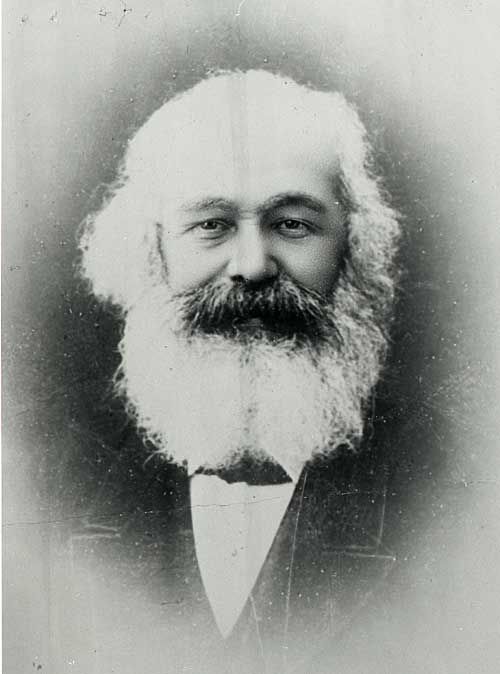Things are certainly going to crapola for many poor Central American children these days. But at least they are not having their lives ruined by elected socialists. Barbarism is so much better. Somalian freedom anyone? Where, oh where, have I read about this before? Some murdered democratic revolutionary internationalist perhaps.
The Political-Economic Basis For Anti-Capitalist Democratic Internationalism
We must refuse to separate morality from economics, to ignore the historical and political dimensions of economic justice, and to narrowly define “justice” as the head-in-the-sand enforcement of U.S. laws. (According to a good Jesuit who mourned for those dying in Central America, including his owns priests, justice should be in the service of love.) For instance, when we receive reports about Latin American children in flight to the U.S., we must be mindful that the U.S. has spent generations undermining Latin America efforts to achieve economic justice.
Every once in a while, the U.S. gets a stark example of international blowback. But what if the projectiles involved in this scenario are small defenseless human beings? Does the U.S. learn from its mistakes and attack the underlying problems? No. Instead, in the case of international blowback, as with domestic blowback, we simply blame and harass the victims.
In a detailed report, the UN High Commissioner on Refugees has explained the need for international protection for unaccompanied children from Central America and Mexico. (http://www.unhcrwashington.org/sites/default/files/UAC_UNHCR_Children%20on%20the%20Run_Full%20Report.pdf.) But coming from the UN, it is ignored by the U.S. government.
The politically-expedient way of dealing with blowback, if you are a supposedly compassionate U.S. president, is to look at legal minutia with a view to stepping up deportation, rather than seeing the big picture and your actual legal authority.
It is easy to see why a president concerned about mid-term elections might cower. After all, Cuban Canadian USian Senator Ted Cruz has our backs. Unfortunately, the helpless young human beings who are on the run and are receiving an unjust response to the blowback their fleeing constitutes only understand their own desperation. So, for a U.S. president to act compassionately using his legal authority risks losing mid-term elections, and that is just that. But what does that say about U.S. voters, particularly those on the likely winning side in mid-term elections?
It is a cruel sanctimonious voter, and hardly one who holds up to timeless standards of decency, who would be swayed to vote against helping the innocent and helpless. Many of these voters follow a religion that claims, if they will excuse the lack of the King James Version, “el señor protégé a los forasteros; sostiene al huérfano y a la viuda.” (Salmo 146.) But perhaps God only speaks English. (But wasn’t that Psalm written in Hebrew?)
The U.S. in its international relations discourages economic justice because it smacks of socialism. Socialism, of course, sounds good to me. However, the U.S. will not even ratify the International Covenant on Economic, Social and Cultural Rights signed by President Carter. This unkind refusal to recognize standards of material decency does not sound good to me at all.
But there is much more to the story. A Latin American government going to the left risks being toppled by its U.S.-funded military. The U.S., under pressure from Republican Cuban Americans concerned about making leftist dominos fall, assuming it was not, as claimed by a Zelaya minister, directly responsible for the reactionary coup, will happily move on to the illegal replacement “president,” who ironically will have been put into power because the leftist was wanting the people to have greater control over their democracy and constitution. The UN General Assembly unanimously condemned the 2009 military coup of Honduras’s elected president.
Shame on the elected president of a Central American country for moving left and seeking some measure of economic justice. That, the U.S., or more importantly, U.S. transnational corporations, simply cannot abide.
The coup’s legacy is the very violence that is forcing children to flee for their lives, with an able assist from the failed U.S. drug war, which turns Central America into a drug transit zone. And then we complain about the foreign orphans who have no choice but to flee.
Ultimately, what can end this immigrant-bashing and “border pressure”? Anti-capitalist democratic internationalism of the type I think Luxemburg and Marx, not to mention Eugene V. Debs and Reinhold Niebuhr, could endorse.



 Speaking of Russia, its dolls and other trinkets are now
Speaking of Russia, its dolls and other trinkets are now 



